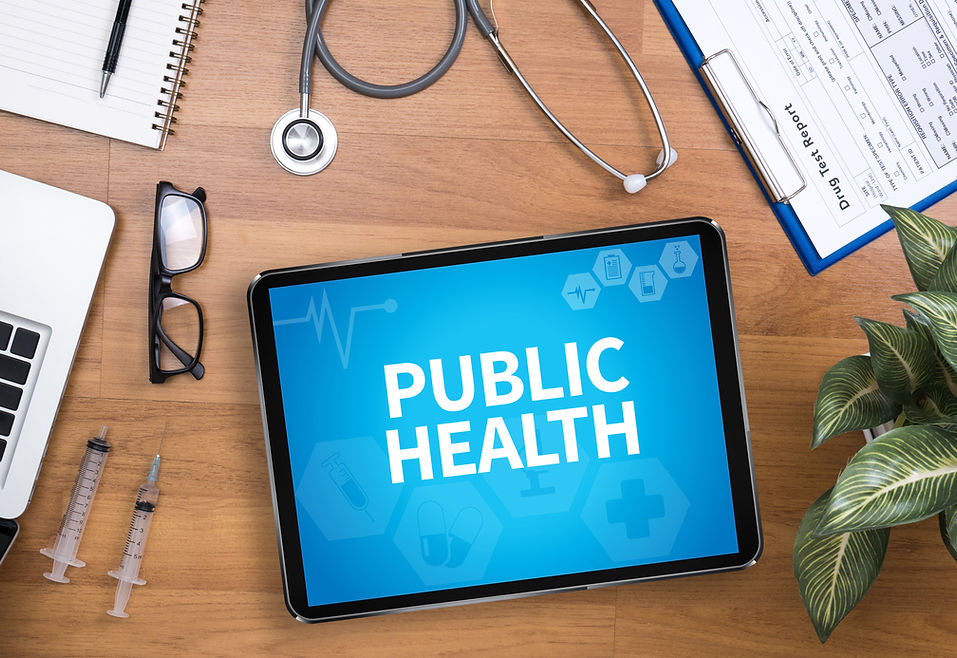

Quick Links
Find out more about the services we offer and how we can help you stay healthy.
Learn more about our Breastfeeding Coalition!
Are you prepared? Find resources to help you be ready in an emergency.
Clinics offered at each of our locations! Find more Information about the WIC program.
Resources, updates, and announcements about the COVID-19 virus.
Send in health questions and read answers from our Public Health Nurse.
Give us a call or send a message - we are here to help!
Find answers to frequently asked questions for things like insurance and lab work.
Check for a complete list of job openings!
The Southeast Kansas Multi-County Health Department (SEKMCHD) has been serving the community for over 50 years. It began in 1971 as the Bi-County Health Department, serving Anderson and Linn Counties in partnership with the Kansas Department of Health and Environment to improve immunization rates. In the following years, Allen, Bourbon, and Woodson Counties joined, forming SEKMCHD. In 2006, Linn County departed, leaving the four counties we proudly serve today: Allen, Anderson, Bourbon, and Woodson.
From the start, our dedicated nurses provided free immunizations in schools while educating the public on their importance. Today, we continue to offer immunization services and have expanded our programs to include:
-
WIC (Women, Infants, and Children) Nutrition Program
-
Women’s Health Services
-
Home Visiting Programs
-
Breastfeeding Support
At SEKMCHD, we are committed to promoting the health and well-being of our communities. If you have any questions or need assistance, please don’t hesitate to contact us—we’re here to help!

🔗 Facebook: Visit our Facebook Page




.png)






